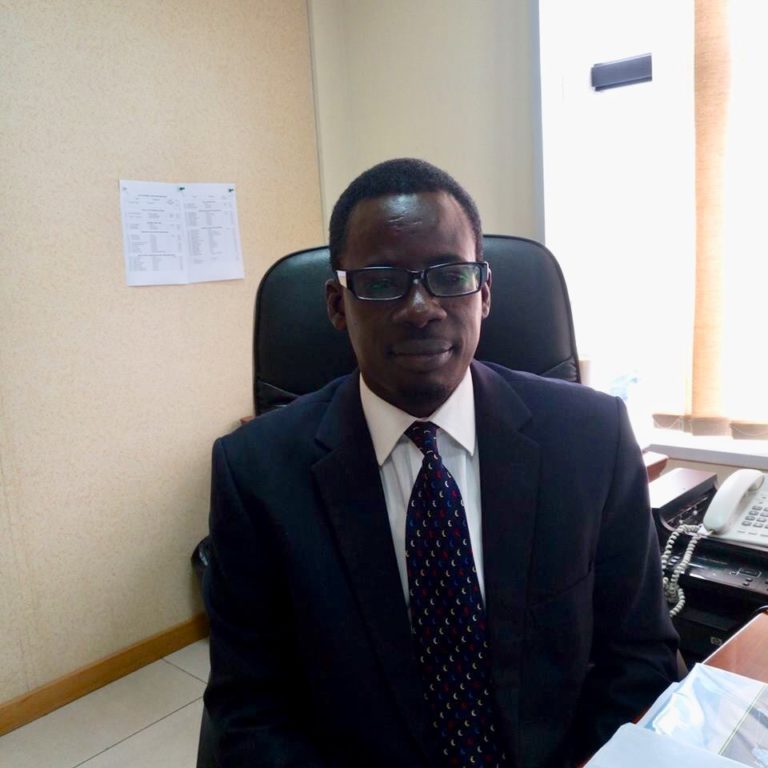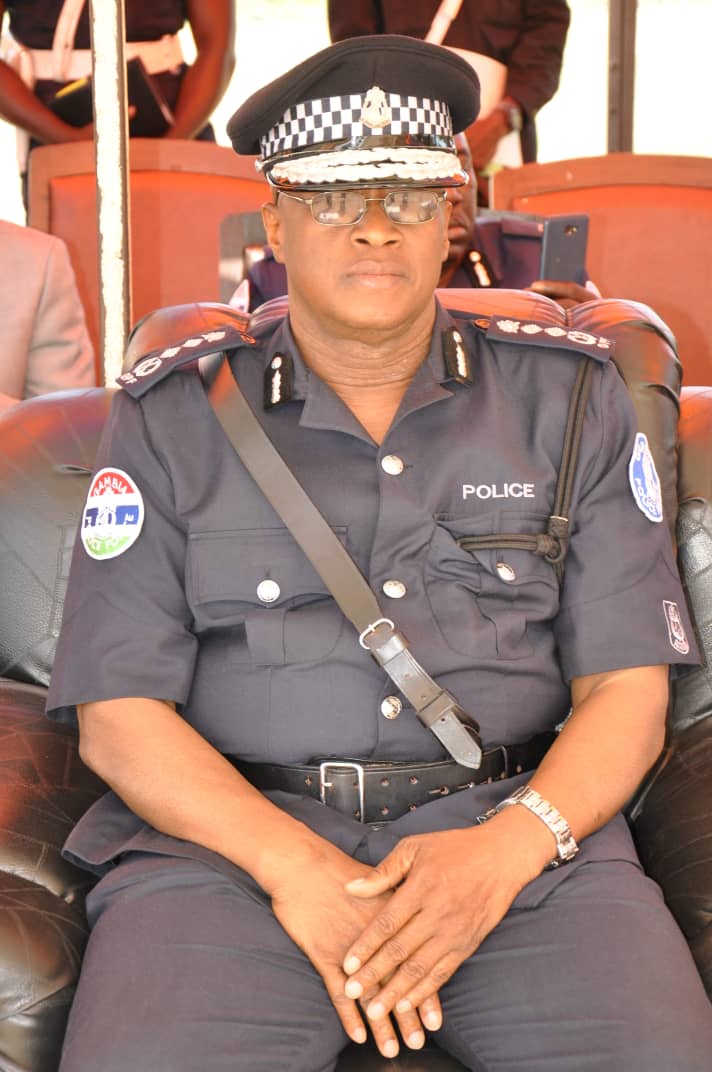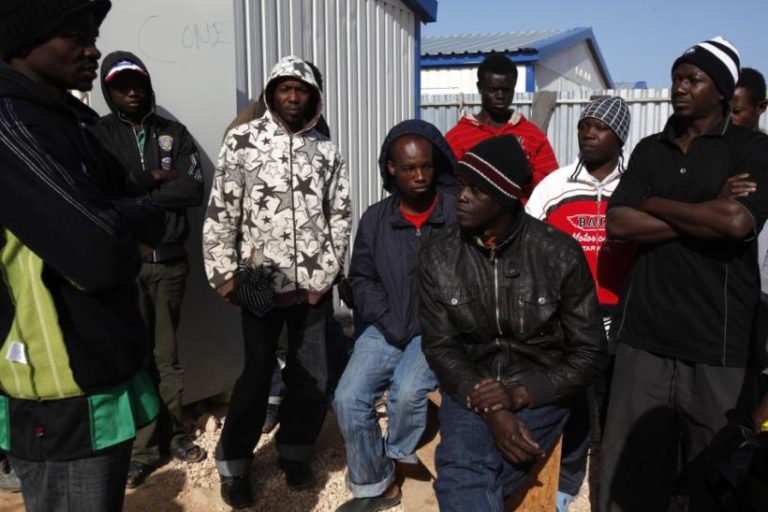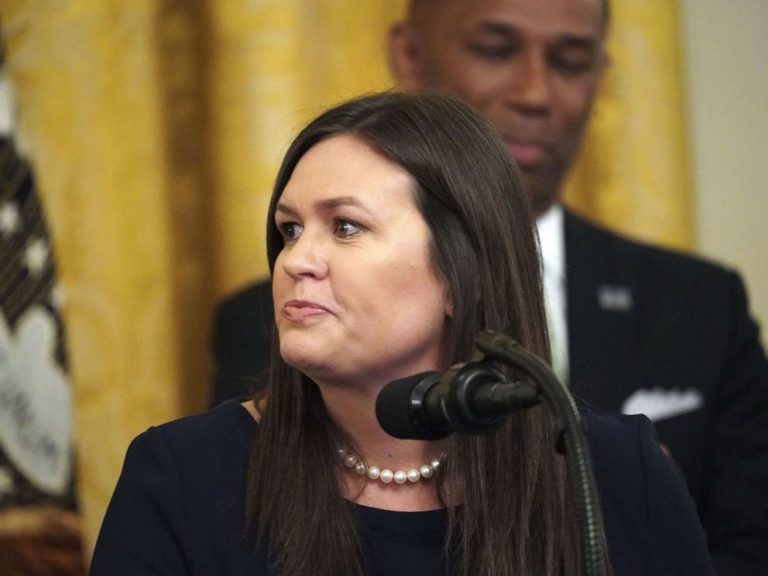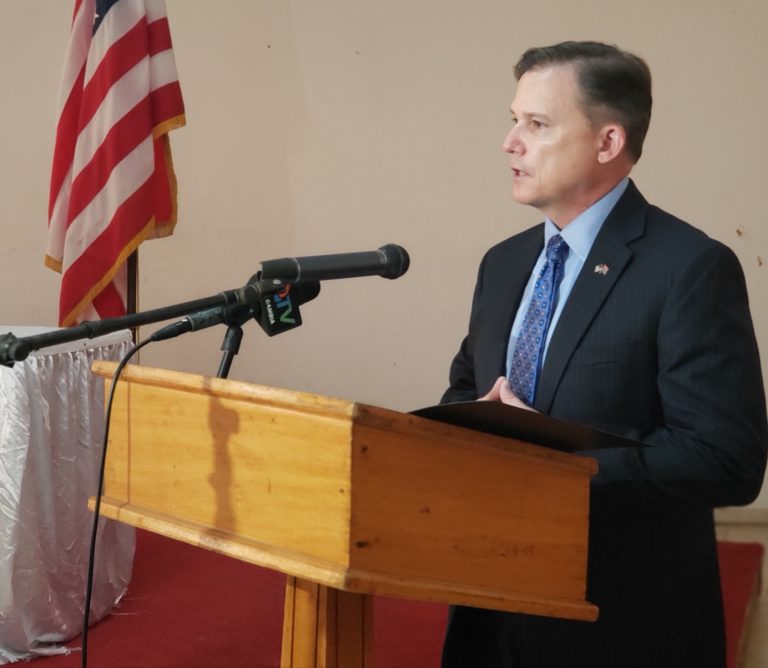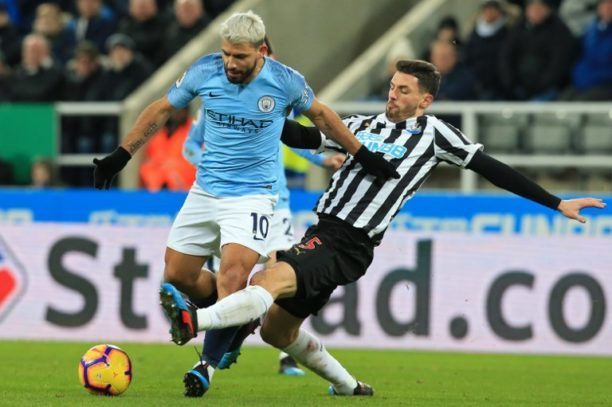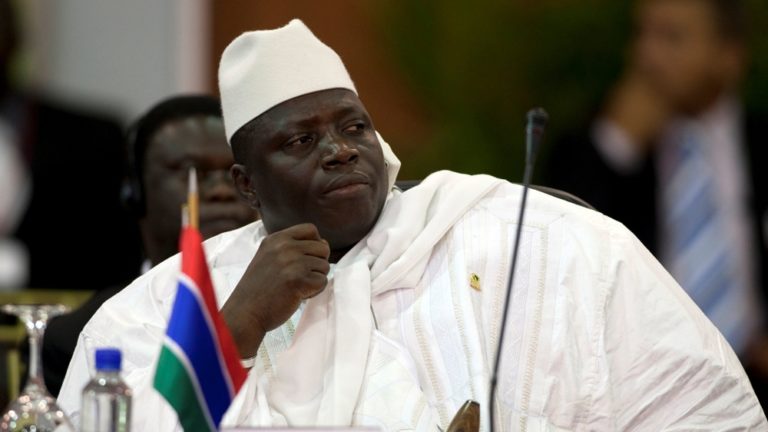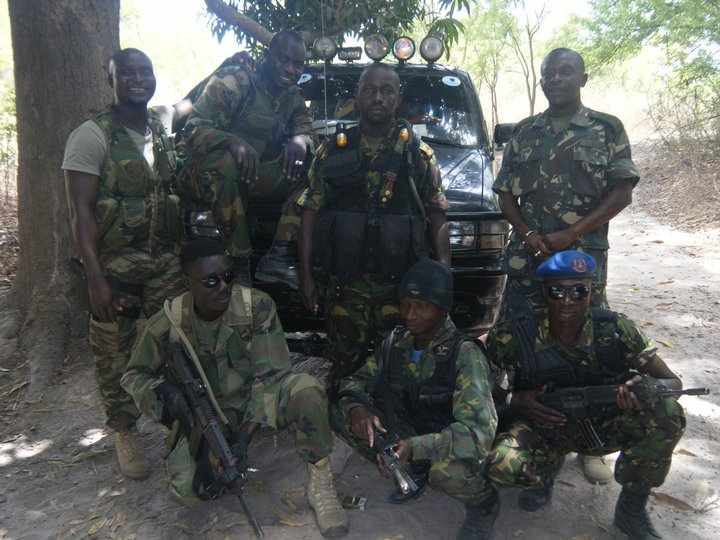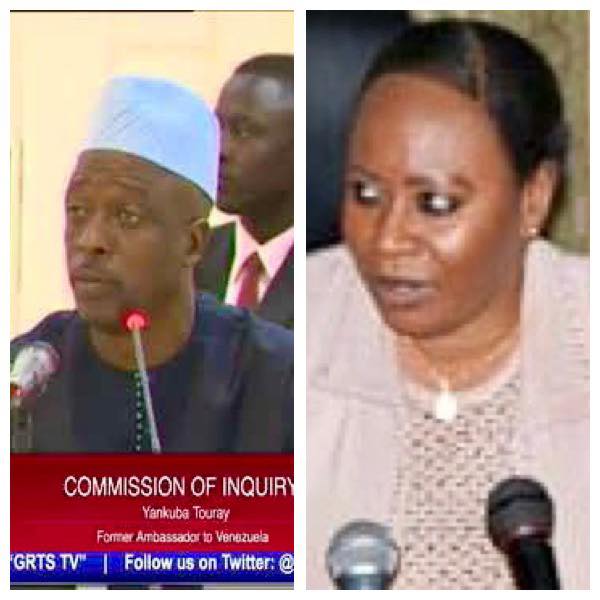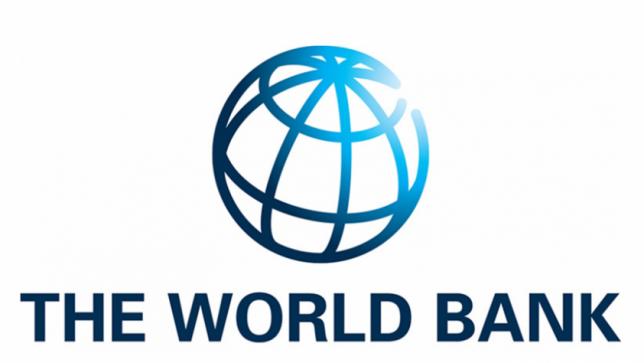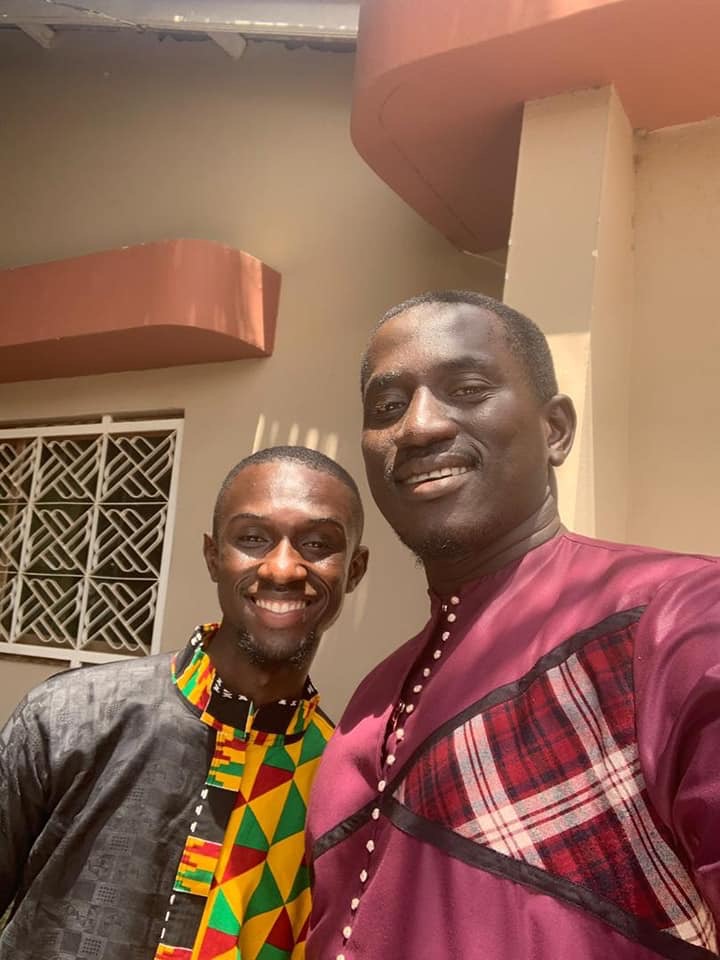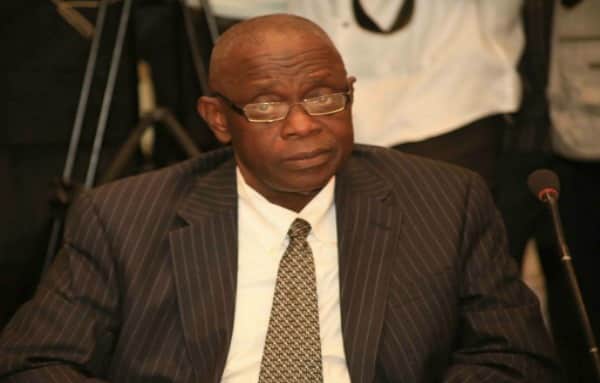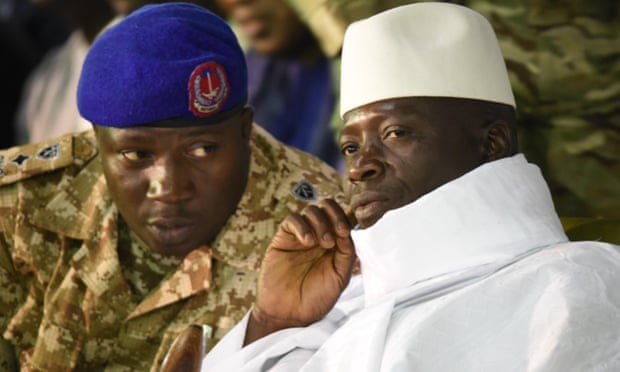It is highly concerning that the Minister of Interior Ebrima Mballow would equate protesters with ‘troublemakers’ and to go further to say that the police will use the water canon truck to pour hot water on them. This is indeed one of the most undemocratic and violent statements that should not have come from any minister or government. For that matter I wish to urge the National Assembly to invoke Section 75 of the Constitution to discipline the Minister for making such a violent and unlawful remark against citizens.
The statement by the Minister clearly indicates that he has already perceived demonstrators as troublemakers who deserve to be washed with hot water. Such a statement is against the Constitution which already guarantees the right to peaceful demonstration. Mr. Mballow must be told that he has no powers to deny the right to freedom of assembly, which is one of the fundamental rights of citizens in ensuring transparency and accountability of government, private businesses and other entities in society.
Freedom of assembly is one of the key tools in the hands of citizens to make public institutions deliver public goods and services efficiently and responsively as well as ensure that private businesses do not engage in unethical business practices or sell poor quality goods and services to consumers. Therefore, freedom of assembly is a necessary tool for the building and nurturing of democracy and good governance in any society.
Each and every Gambian citizen has a right to protest for or against any issue of concern to him or her. This is a right guaranteed by the Constitution. A citizen who demonstrates is not a troublemaker or a criminal and demonstrations or protests are not crimes or trouble. What is required is that the Government through the police to protect citizens to enjoy their right to freedom of assembly at all times. Therefore, Minister Mballow must be told that the Gambia Government must not in anyway damage the right of citizens to demonstrate.
What we expect from the Minister of Interior is to, first of all conduct comprehensive reforms of the police. Such reforms should seek to review the Police Act in order to transform the institution from a force into a service institution. Secondly such reforms should address the welfare and wellbeing of police officers and enhance their working conditions. More importantly those reforms should seek to empower the police with the necessary education and skills about human rights so that they are guided by human rights values and standards in executing their job.
The police are one of the leading national human rights protection agencies in any society as the law they enforce concerns the rights and freedoms of citizens. Therefore, the police must not be seen damaging rights in anyway. For that matter the tools, resources and equipment and the training given to the police can only be used in line with human rights values and standards.
As the civilian authority overseeing law enforcement agencies, it is necessary that Minister Mballow is the first to recognise and uphold fundamental rights and freedoms. He must not be seen threatening citizens or damaging rights. We must note that power lies with civilian authorities because they make laws and policies and ensure its implementation. Law enforcement officers such as the IGP and his officers are only enforcers or implementers of the law. Hence if the civilian authority does not believe in human rights it means he or she will order security officers to use force to damage human rights. This is why Minister Mballow’s statement is utterly worrying!
Therefore, it is not strange to see that while the Minister has failed to do the urgent and necessary reform of the police, he went ahead to further equip the police with weapons that can only damage rights and harm citizens physically. After 22 years of Dictatorship it is indeed grossly shameful that this Government will procure an armoured vehicle to purposely harm citizens and then have the Minister of Interior to refer to demonstrators as troublemakers.
I wish to therefore call on the National Assembly to summon the Minister of Interior to first of all disclose the source and purpose of this despicable vehicle meant to unleash violence on citizens. The National Assembly must not sit by while the President and his Ministers publicly release statements that suggest violence and threaten citizens. The Government has the constitutional duty to protect human rights and ensure good governance in the Gambia. Any attempt to damage this duty must be confronted with the strongest resistance.
For the Gambia Our Homeland


